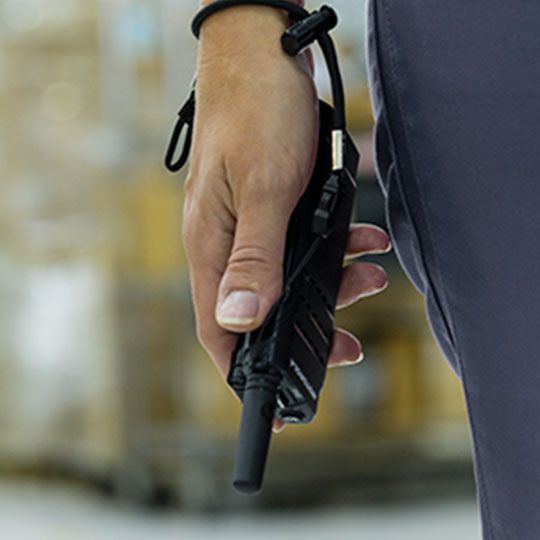SCIP: Substances of concern in articles as such or in complex objects (Products)
Companies that produce, import or supply articles to the EU market containing “Substances of Very High Concern” have to register with the SCIP database. Motorola Solutions leverages our material content data to fulfill this regulatory requirement.



